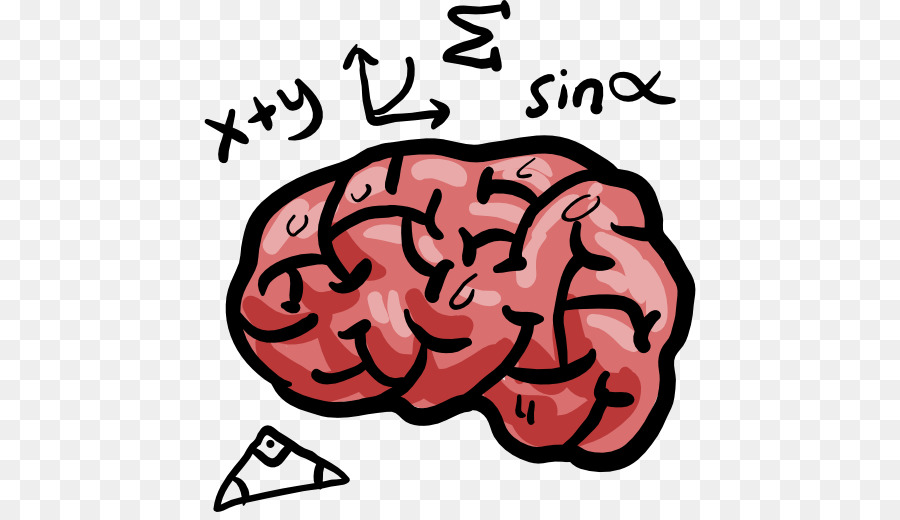

After a pause, the participants see two sets of dots side by side. Cantlon, working with Elizabeth Brannon of Duke University, ran an experiment in which adult subjects see a set of dots on a computer screen for about half a second, followed by a second set. So scientists have come up with ways to force people to rely on intuition alone. Mathematical intuition develops as we grow up, but probing its growth is tricky because older children draw on both their innate skills and the ones they learn. Moreover, their concept of numbers is abstract they can transfer it across the senses from sounds to pictures. Izard’s study suggests that newborns already have a basic understanding of numbers. For example, a baby who heard “ tuuu, tuuu, tuuu, tuuu ” would look the longest at four shapes, less at eight, and still less at twelve. (The length of time a baby spends looking at an object reflects its interest.) Newborns consistently looked longer at the screen when the number of shapes matched the number of sounds they had just heard. The babies were then shown a set of shapes on a computer screen, and the scientists measured how long the babies gazed at it.

She and her colleagues played cooing sounds to babies, with varying numbers of sounds in each trial. Veronique Izard, a cognitive psychologist at Harvard University, demonstrated this in a recent study of newborns. One sign that this skill truly is innate: Children enter the world with a head for numbers. Cantlon and others are showing that our species seems to have an innate skill for math, a skill that may have been shared by our ancestors going back least 30 million years.
#Brain edu math full
Arab scholars laid the foundations of algebra in the ninth century calculus did not emerge in full flower until the late 1600s.ĭespite the late appearance of higher mathematics, there is growing evidence that numbers are not really a recent invention-not even remotely. The Mesopotamians developed basic arithmetic about 5,000 years ago. More sophisticated uses of numbers arose only much later, coincident with the rise of other simple technologies. The oldest evidence of people using numbers dates back about 30,000 years: bones and antlers scored with notches that are considered by archaeologists to be tallying marks. In this view, numbers are a kind of technology, a man-made invention to which our all-purpose brains can adapt.
#Brain edu math how to
Traditionally, scientists have thought that we learn to use numbers the same way we learn how to drive a car or to text with two thumbs.

The central role of numbers in our world testifies to the brain’s uncanny ability to recognize and understand them-and Cantlon is among the researchers trying to find out exactly how that skill works.


 0 kommentar(er)
0 kommentar(er)
